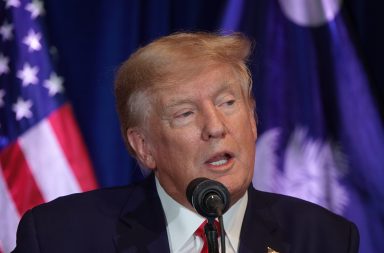Debt-strapped Le Pain Quotidien was working to shrink its US presence even before the coronavirus pandemic battered its business, The Post has learned.
The Belgian bakery’s website says says it “temporarily closed” all its US outlets last month “out of an abundance of caution” due to the crisis.
In reality, sources say, the struggling restaurant chain’s US offices hired a real estate consultant months before the pandemic struck as part of a larger “reorganization.”
The eatery has even flagged some 19 locations for permanent closure, sources said. And that’s before RCS Real Estate Advisors completes its review of the chain’s roughly 100 US eateries in pricey areas like Manhattan and LA, sources said.
Five of the 19 locations flagged for closure, sources say, are in Manhattan, including at 205 Bleecker St. and 375 Hudson St. in the West Village; 937 Second Ave. and 1006 First Ave. in Midtown; and 124 Seventh Ave in Chelsea, where the broker listing the space declined to comment.
“This won’t have a monstrous effect on New York real estate, but it’s death by 1,000 cuts,” said a real estate source with direct knowledge of the review. “The rash of bankruptcies over the next two or three months will be alarming.”
Patrick Jenkins, chief operating officer of PQ Operations, Le Pain Quotidien’s US division, confirmed efforts to slash costs, including “prohibitive” rent increases.
“COVID-19 came at a challenging time for us as it did for a lot of people,” he said. “We know how to run good restaurants and provide good food, and hiring RCS was to provide some expertise in trying to understand how the rents work.”
RCS, known for helping distressed companies like Forever 21 and Bed Bath & Beyond, didn’t respond to requests for comment.
Also raising questions about Le Pain Quotidien’s future: The chain fired all of its roughly 2,000 US employees on March 23, followed by most office staff, sources said.
Workers say they were shocked by the mass firings because the company had just told them a week before that they would be paid for sick and vacations days and retain health insurance through April. Managers and assistants also believed they would keep their jobs and benefits until the end of April.
Indeed, documents obtained by The Post show the chain initially planned to furlough workers in order to reopen some spots for takeout. Workers were directed to take “a leave of absence until the restaurant reopens,” including up to 30 days of unpaid leave, which would have kept their health benefits intact.
On March 21, managers and associates spent the day, as directed by headquarters, cleaning their locations from top to bottom, including the refrigerators and freezers. The next day all staff was told they would be terminated effective March 23, according to sources and documents obtained by The Post.
Employees were particularly infuriated over the chain’s failure to protect them from sickness before cutting off their health benefits.
One worker told The Post that he had been “terrified” to learn of several confirmed coronavirus cases in the building the cafe was located in and that he and his co-workers weren’t given masks. Staffers only learned of the cases, some of which were later confirmed by the press, through the building’s management, he said.
Jenkins confirmed the layoffs but denied not telling staffers about confirmed cases, saying headquarters probably only learned of it after the cafe closed.
“We are heartbroken,” Jenkins said of the layoffs. “If we had alternatives we would have done our best to execute them as part of the multiphase plan for the company that blew up in the face of” the coronavirus.
Reports suggest the privately held company’s once-skyrocketing growth has been tempered in recent years even as it added new restaurants. In 2013, the US arm earned $135 million, up 12 percent from the year earlier, but by 2018 its $172 million revenue had grown by just 2.1 percent, according to trade publications.
In 2018, longtime Chief Executive Vincent Herbert was replaced by Jerry Gamez, a former Burger King and Walmart executive, who cut staff and reduced menu options while also expanding its debt load, sources said.
The heart was “gutted” out of the company under Gamez, one exec said. Gamez left the company last year.









